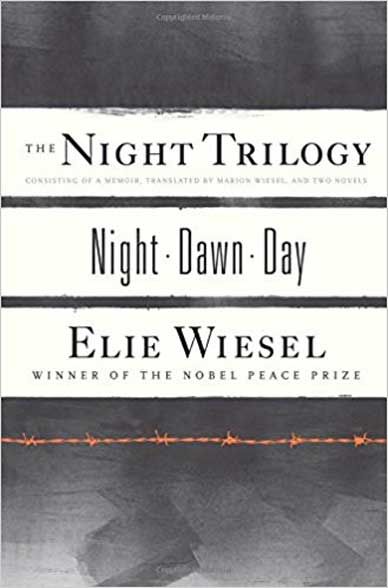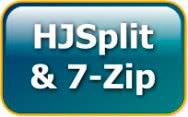
Night is Elie Wiesel’s masterpiece, a candid, horrific, and deeply poignant autobiographical account of his survival as a teenager in the Nazi death camps. This new translation by Marion Wiesel, Elie’s wife and frequent translator, presents this seminal memoir in the language and spirit truest to the author’s original intent. And in a substantive new preface, Elie reflects on the enduring importance of Night and his lifelong, passionate dedication to ensuring that the world never forgets man’s capacity for inhumanity to man.
Elisha is a young Jewish man, a Holocaust survivor, and an Israeli freedom fighter in British-controlled Palestine; John Dawson is the captured English officer he will murder at dawn in retribution for the British execution of a fellow freedom fighter. The night-long wait for morning and death provides Dawn, Elie Wiesel’s ever more timely novel, with its harrowingly taut, hour-by-hour narrative. Caught between the manifold horrors of the past and the troubling dilemmas of the present, Elisha wrestles with guilt, ghosts, and ultimately God as he waits for the appointed hour and his act of assassination. Dawn is an eloquent meditation on the compromises, justifications, and sacrifices that human beings make when they murder other human beings.
The publication of Day restores Elie Wiesel’s original title to the novel initially published in English as The Accident and clearly establishes it as the powerful conclusion to the author’s classic trilogy of Holocaust literature, which includes his memoir Night and novel Dawn. “In Night it is the ‘I’ who speaks,” writes Wiesel. “In the other two, it is the ‘I’ who listens and questions.”
In its opening paragraphs, a successful journalist and Holocaust survivor steps off a New York City curb and into the path of an oncoming taxi. Consequently, most of Wiesel’s masterful portrayal of one man’s exploration of the historical tragedy that befell him, his family, and his people transpires in the thoughts, daydreams, and memories of the novel’s narrator. Torn between choosing life or death, Day again and again returns to the guiding questions that inform Wiesel’s trilogy: the meaning and worth of surviving the annihilation of a race, the effects of the Holocaust upon the modern character of the Jewish people, and the loss of one’s religious faith in the face of mass murder and human extermination.



















2 Responses to this entry.
Thanks, MaxD and team! 🙂
Thank you too MB
-Team Maxdugan